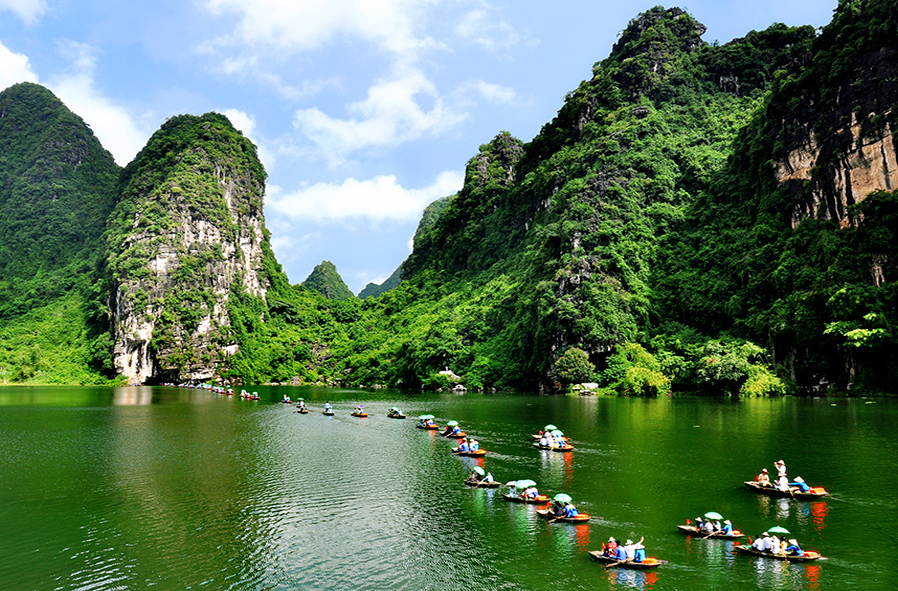Vietnam reelected to UNESCO Executive Board for 5th time
Vietnam, which boasts eight world heritages, was first elected as a member of the board in 1978.
Vietnam has been re-elected as a member of the Executive Board of the United Nations Educational, Scientific and Cultural Organization (UNESCO) for the 2021-2025 term, marking the 5th time it was selected to the board.
| Mai Phan Dung, Secretary-general of the Vietnam National Commission for UNESCO at the 41st session of the General Conference held on Nov 9-24 in Paris. Photo: MoFA |
With 163 out of 178 votes or 92%, Vietnam won the seat together with 27 members obtaining more support than many other countries like China (153 votes), Egypt (130), Jordan (126), Grenada (115), Turkey (158), according to the voting results released on November 17 at the 41st session of the General Conference.
Being one of the three constitutional organs of UNESCO, Executive Board, with 58 member states, represents the General Conference, exercises the powers delegated to it, and deals with the questions with which it is entrusted. In addition, it examines the program of work for the Organization and corresponding budget estimates submitted to it by the Director-General.
Vietnam was a member of the Executive Board in the 1978-1983, 2001-2005, 2009-2013, and 2015-2019 terms.
According to Dang Hoang Giang, Deputy Minister of Foreign Affairs, President of the Vietnam National Commission for UNESCO, the re-election to the board shows Vietnam’s emerging position on international agendas. It is a good opportunity for Vietnam to both secure its national interests and make full use of UNESCO’s initiatives in developing the country in a sustainable and comprehensive manner.
In 2021-2025, Vietnam will be proactive in promoting UNESCO’s five major fields namely education, culture, natural science, social science, and information and communications. Giang said.
The relations between Vietnam and UNESCO have been forged for the past 45 years. In the past decades, especially since the establishment of the UNESCO Hanoi Office in 1999, Vietnam has held different important positions at the international organization.
The latest cooperation was marked by the signing of a memorandum of understanding for 2021-2025 during the visit paid to UNESCO headquarters in Paris, France by Prime Minister Pham Minh Chinh.
So far, Vietnam has two Natural World Heritages recognized by UNESCO, namely Ha Long Bay (1994, 2000), and Phong Nha-Ke Bang National Park (2003, 2015); one mixed heritage: Trang An Landscape Complex (2014); and five Cultural Heritages: Complex of Hué Monuments (1993), Hoi An Ancient Town (1999), My Son Sanctuary (1999), Central Sector of the Imperial Citadel of Thang Long - Hanoi (2010), and Citadel of the Ho Dynasty (2011).
| Trang An, one of the UNESCO-recognized world heritages, in Vietnam. Photo: VNA |













